In his article, Foreign Secretary David Cameron outlined the reasons for British involvement in strikes against Houthi targets in Yemen.
Central to the UK’s decision is the importance of maintaining freedom of navigation in the Red Sea, a vital artery for global trade, which has been threatened by 26 Houthi attacks since November 19.
The UK, as a major trading nation with a commitment to global stability and security, felt compelled to act in concert with international allies. The decision, made after thorough Cabinet deliberation and in response to a request from the US, aimed to uphold international law, ensure the safety of vital trade routes, and respond to the escalation of Houthi attacks, including a significant assault on British ship HMS Diamond.
You can read an excerpt below:
“But why us?
The global coalition to protect shipping in the Red Sea has been growing. And we have been involved from the start, with the Royal Navy taking an active part in Operation Prosperity Guardian to help keep this vital sea lane open. But the attacks have continued.
The Prime Minister carefully considered a request from the US to assist with limited and targeted military action. After examining all the arguments, including legal advice, and after consulting Cabinet colleagues and our military and intelligence experts, he confirmed that we should take part.
He’s right. Fundamentally, when we agree with our allies on the need to act and have the capabilities to help, it is right that we should do so.
Ours is one of the most open economies. We are a trading nation. Keeping sea lanes open is a vital national interest.
As prime minister, I was involved in the long-running campaign to stamp out attacks by Somali pirates in this same stretch of water. It was right to take action against those trying to hijack ships then. It is right to take action against those who attack them today.
As with Somali pirates, we have not acted alone. In total, six countries were involved in these strikes, including Britain and America. And many more countries have joined us in protecting commercial vessels in the Red Sea and speaking out against Houthi actions.”


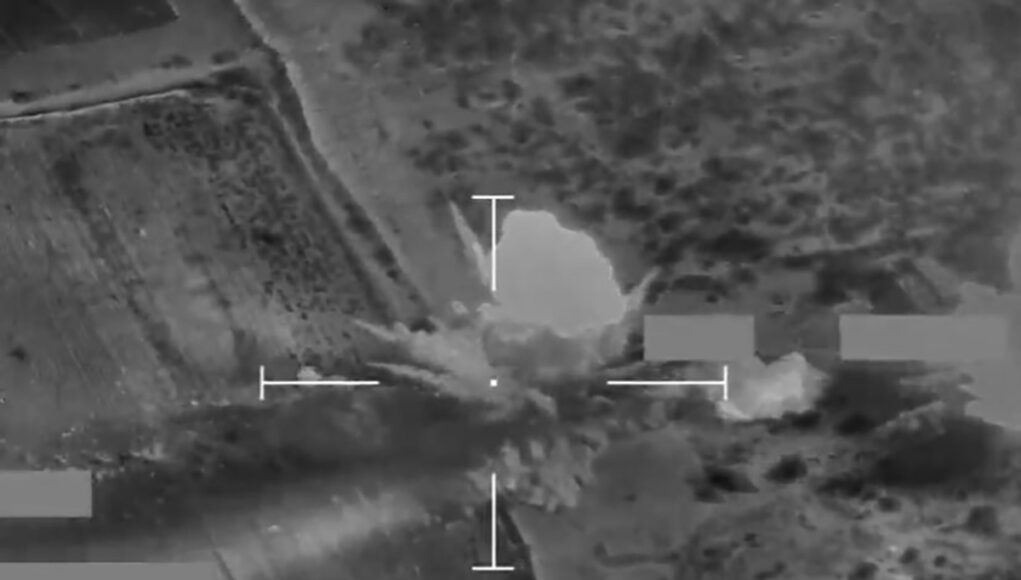
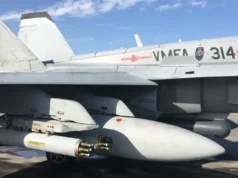

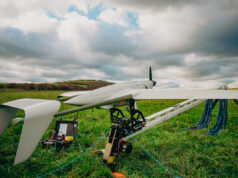
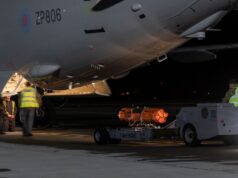

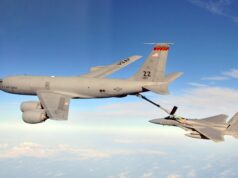
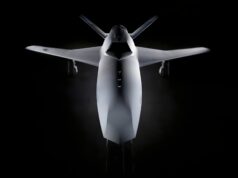

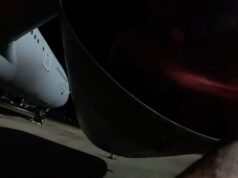
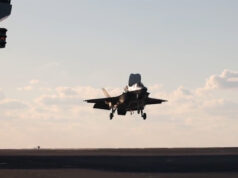

UPDATE: 7 hours ago U.S. fighter aircraft shot down an anti-ship cruise missile the Houthis fired toward USS Laboon (DDG-58), U.S. Central Command announced Sunday night. Central Command’s release did not specify the aircraft that shot down the missile or the military branch.
Perhaps there is more work to be done eliminating these anti-ship missiles on the ground.
It would appear so and as many weapons storage buildings as possible including naval facilities too.
If you’re going to do a job!
Why us? well historically, when the US says “Jump”, we tend to reply “How high”
Nothing to do with British shipping being attacked then🙄
The fact that the merchant navy was attacked, and then when the RN went to defend them, they were attacked too has nothing to do with it?
really but houthi rebels are allowed to shoot missiles at civillian vessels and UK warships when ever they want?
Some breaking News:
The US-owned M/V Gibraltar Eagle ship was hit by a ballistic missile fired by the Houthis
I find it very curious that the UK was involved in the first attacks but not the subsequent ones. Curious to know why. Options are A) weak government just wanted to look big so strikes just about optics. B) Lack of available assets to undertake subsequent attacks. C) US went alone and didn’t inform the UK of the subsequent actions.
I can’t think of any other realistic options and all don’t look good on the uk. Where is our media asking questions and challenging the government to ensure transparency.
We effectively have put a big X on our backs for doing the first strikes and then not followed up and so the UK is now in a worse place rather than better.
You missed another possible reason – its far easier and more timely for the US to use their Carrier aircraft with everything – intelligence, command and control all under US command. Launching Typhoons out of Cyprus involves a long transit and tanker support which these days is impossible to hide giving any ‘watcher’ warning – if only to hide their missiles in another cave/building.
I was thinking unlikely but maybe but now further attacks have been done by the UK, I suspect its option B, not enough assets to sustain attacks.